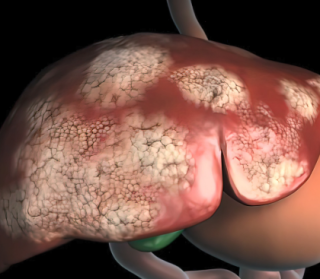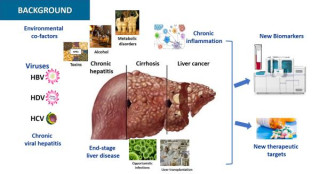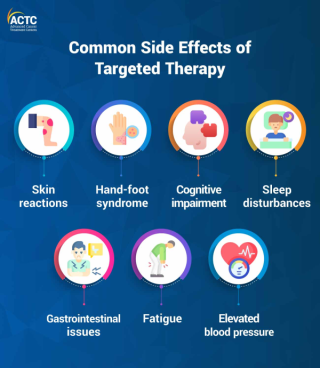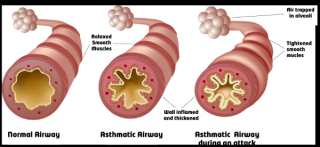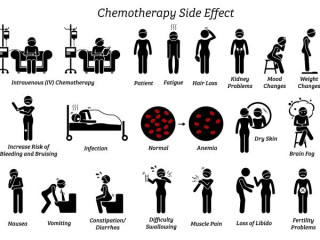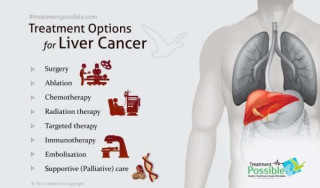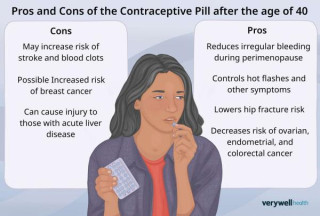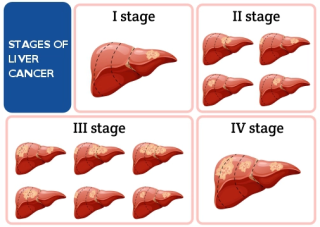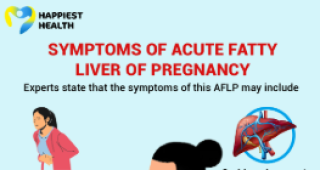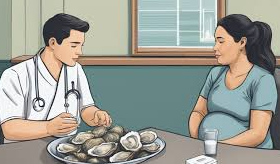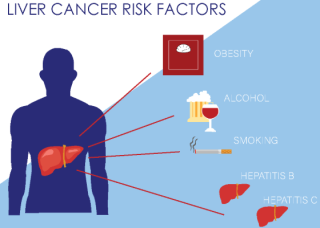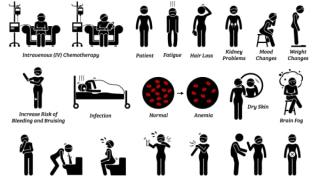Aflatoxin: Unveiling the Hidden Threat to Liver Healthupdated at Nov 08, 2025 1,446 1,446 Aflatoxins are potent mycotoxins produced by certain Aspergillus fungi species, |
Unraveling the Connection: Viral Hepatitis and Liver Cancer Riskcreated at May 04, 2009 1,405 1,405 Chronic infection with hepatitis B (HBV) and hepatitis C (HCV) viruses are major risk factors for liver cancer, |
What are the Side Effects of Treatment for Colorectal Cancer?updated at Nov 08, 2025 1,499 1,499 Side effects from colorectal cancer treatment are highly variable, |
Is Getting a Tattoo During Pregnancy Safe? Here's What You Need to Knowupdated at Nov 09, 2025 1,878 1,878 Getting a tattoo during pregnancy is generally not recommended by healthcare professionals.While hard evidence demonstrating that tattoo ink directly harms the fetus is lacking, |
What can I do to prevent my child from developing asthma?created at May 11, 2009 1,252 1,252 While there's no guaranteed way to prevent asthma, |
Balancing Act: Understanding the Side Effects of Biological Therapy in Stomach Cancer Treatmentcreated at May 04, 2009 1,284 1,284 Biological therapy for stomach cancer, |
The Silent Threat: Arsenic and its Link to Liver Cancercreated at May 04, 2009 1,298 1,298 Arsenic, |
Treatment for Liver Cancer? What should I ask?created at May 04, 2009 1,242 1,242 When discussing liver cancer treatment options with a healthcare professional, |
Exploring the Relationship Between Birth Control Pills and Liver Cancer Riskcreated at May 04, 2009 1,300 1,300 Studies have shown a slightly increased risk of developing liver cancer in women who use oral contraceptives, |
Demystifying Liver Cancer: Understanding the Basicscreated at May 04, 2009 1,334 1,334 Liver cancer, |
Unveiling the Link: Anabolic Steroids and Liver Cancer Riskupdated at Nov 30, 2024 1,343 1,343 Studies have shown a link between anabolic steroid use and an increased risk of liver cancer, |
Understanding Liver Infections During Pregnancy - Risks and Precautionscreated at Sep 25, 2009 1,708 1,708 Pregnancy is a period of significant physical and emotional changes, |
The Raw Deal - Oysters During Pregnancyupdated at Nov 29, 2024 1,588 1,588 For seafood lovers, |
Understanding the Link: Cirrhosis and Liver Cancer Riskupdated at Nov 29, 2024 1,621 1,621 Cirrhosis, |
Understanding the Link: Vinyl Chloride, updated at Nov 13, 2025 |
Demystifying Hiccups: Understanding the Causes Behind the Annoying Spasmscreated at May 03, 2009 1,338 1,338 Hiccups, |
Navigating the Side Effects of Cancer Treatmentcreated at May 04, 2009 1,538 1,538 Cancer treatment, |
What is done if I have to have sinus surgery?created at May 08, 2009 1,349 1,349 You should first understand that I am not a surgeon, |
What kind of effects do tobacco smoke and other irritants have on the sinuses?created at May 08, 2009 1,570 1,570 Tobacco smoke and various other irritants may cause worsening of symptoms. Those irritants include auto exhaust, |
The symptoms for liver cancer?created at May 04, 2009 1,360 1,360 These symptoms might be caused by liver cancer: Unexplained weight loss Anorexia (persistent lack of appetite) Early satiety (feeling very full after a small meal) Persistent abdominal pain Increasing abdominal girth (swelling of the "stomach" area) with o... |
Chemotherapy for Colorectal Cancercreated at May 04, 2009 1,235 1,235 Chemotherapy is the use of drugs to kill cancer cells. Chemotherapy is sometimes given after surgery for colorectal cancer to try to prevent the disease from recurring, |
